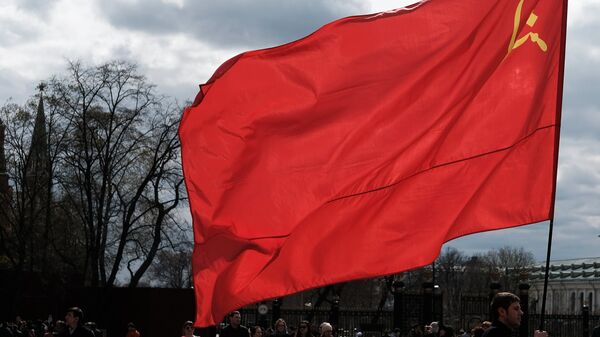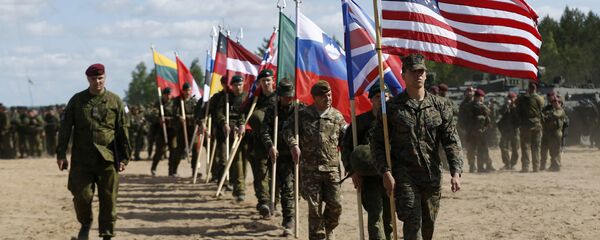STOCKHOLM (Sputnik) — The Warsaw Pact on collective defense between the USSR and seven satellite states in Eastern and Central Europe was terminated in 1991, nine months before the collapse of the Soviet Union itself. The Council for Mutual Economic Assistance that also included the USSR and its Eastern and Central European allies, as well as some other communist states, ceased to exist also in 1991. The withdrawal of Soviet forces from Easter Europe was expected to be completed within two years by late 1990.
"The thing is that when all these steps were taken while [Mikhail] Gorbachev was in power — the dissolution of the Warsaw Pact, and the dissolution of the Council for Mutual Economic Assistance, and the withdrawal of troops [from Eastern Europe in the late 1980s] — all of it was perceived positively, that's how naive people were… And they assured that reciprocal steps were and would be taken. As for NATO, such promises were given to me as well," Pankin said in an interview to RIA Novosti.
According to Pankin, Genscher was one of the first of Western officials who shared with him thoughts on transforming NATO from a purely military bloc into a military-political alliance.
Moscow currently maintains that NATO’s eastward expansion undermines the European security architecture and threatens Russian national security.


